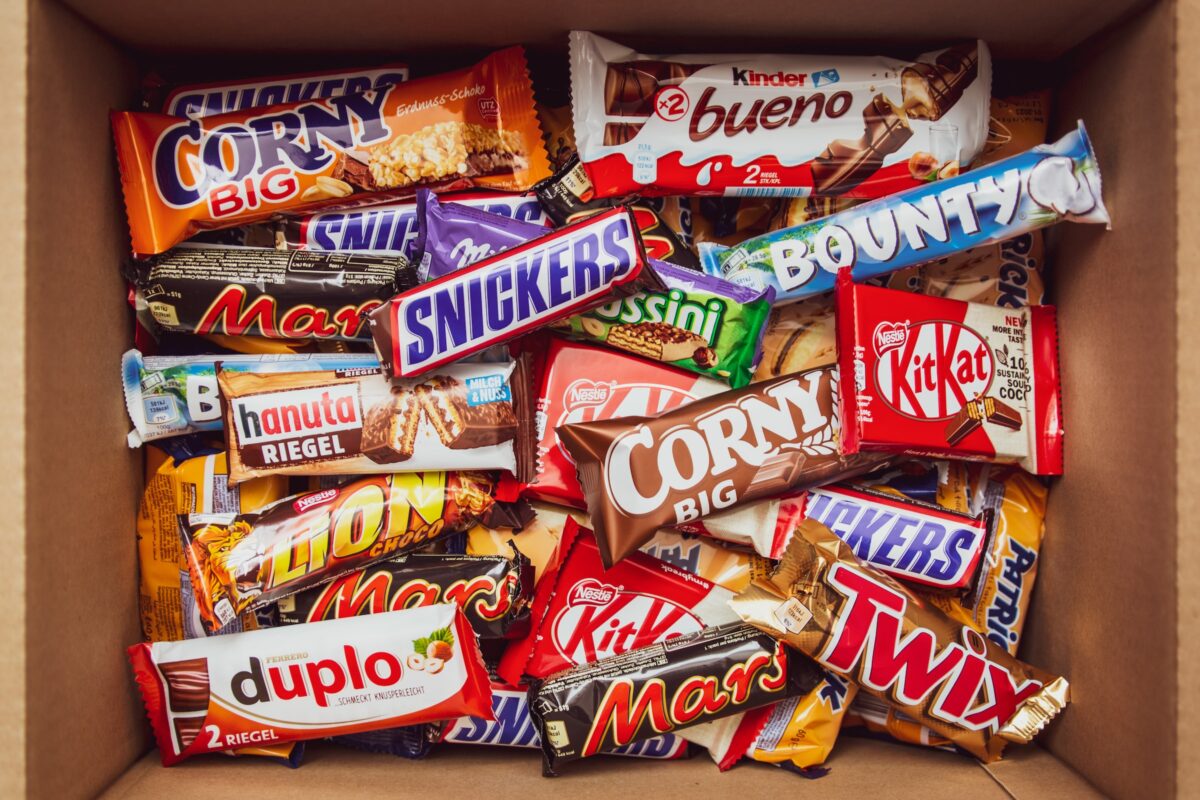Nestle SA is selling a part of its stake in L’Oreal SA back to the cosmetics company for 8.9 billion euros ($10 billion), reversing a four-decade relationship between two of Europe’s largest consumer products companies.
After selling 22.3 million shares for 400 euros apiece, Nestle will own 20.1% of the French shampoo and lipstick company, down from 23.3% of last year. Nestle’s ownership has been reduced for the first time since 2014, when it sold an 8% stake for 6 billion euros.
Nestle’s stock rose as much as 2% in Swiss trading, bringing its gain this year to 19%. In Paris, L’Oreal rose as high as 2.1%. Since the beginning of 2021, the stock has climbed around 37%, and it is on track to have its greatest year since 1998.
Since 1974, the two firms have been in a partnership, which was originally intended to defend L’Oreal from possible French nationalization. Nestle’s selling of a part of its shareholding comes after years of speculation that the company might reduce its investment as CEO Mark Schneider overhauls the world’s largest food manufacturer.
According to Martin Deboo, an analyst at Jefferies, the move benefits both firms because it reduces Nestle’s exposure to L’Oreal, which had grown “troublingly high” at approximately 16% of its market value. He also said that L’Oreal keeps ownership in the family.
It puts another tick on the score sheet of Mark Schneider’s seemingly inexorable transformation program at Nestle, Deboo wrote in a note after the announcement was made late Tuesday. The question on our minds tonight is whether this is merely a one-off, or the start of a phased exit from L’Oreal by Nestle, unfolding over the coming years.
It is L’Oreal’s largest-ever transaction. The repurchased shares will be cancelled.
Since becoming the helm in 2017, Schneider has made significant changes, including selling weak businesses such as the US confectionary unit and mass-market bottled-water brands, as well as Nestle’s cosmetics division. Instead, he’s concentrating on areas with higher growth rates, such as coffee, petcare, and consumer health. His $7.15 billion contract to sell Starbucks coffee in supermarkets, restaurants, and catering operations has improved coffee sales, while Nestle has expanded its vitamin and supplement portfolio.
According to a statement, Nestle is “fully supportive” of L’Oreal’s value creation strategy and will keep its two board seats.
Nestle will begin a $20 billion share buyback next month, and would adjust it in case of any big M&A moves.
Schneider stated in October that Nestle prefers mid-sized acquisitions because they are easier to integrate, though he added that the business is open to deals of any size.
The Bettencourt Meyers family, one of France’s wealthiest families, is another major investor in L’Oreal. According to a statement from L’Oreal, the family’s stake will increase to 34.7% from 33.3% as a result of the transaction.
Nestle increased its full-year sales forecast in October, predicting the greatest sales growth in a decade as the Swiss company benefits from a revival in travel and dining out. According to the company, sales should increase by 6% to 7% on an adjusted basis, finally achieving the growth rate that Schneider set for himself when he took over.
Centerview Partners served as the deal’s principal adviser for L’Oreal. Nestle was advised by Credit Suisse, according to a source familiar with the deal talks.
Nestle is using all levers to create value for shareholders, Vontobel analyst Jean-Philippe Bertschy wrote in a note. The proposed transaction is clever, allowing Nestle to keep all opportunities with regard to M&A and returns of cash to shareholders.




